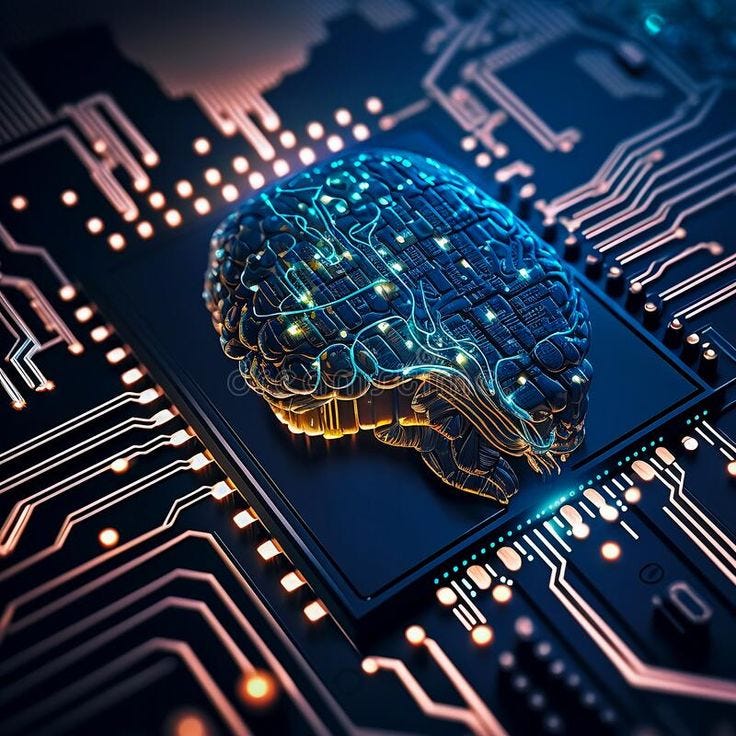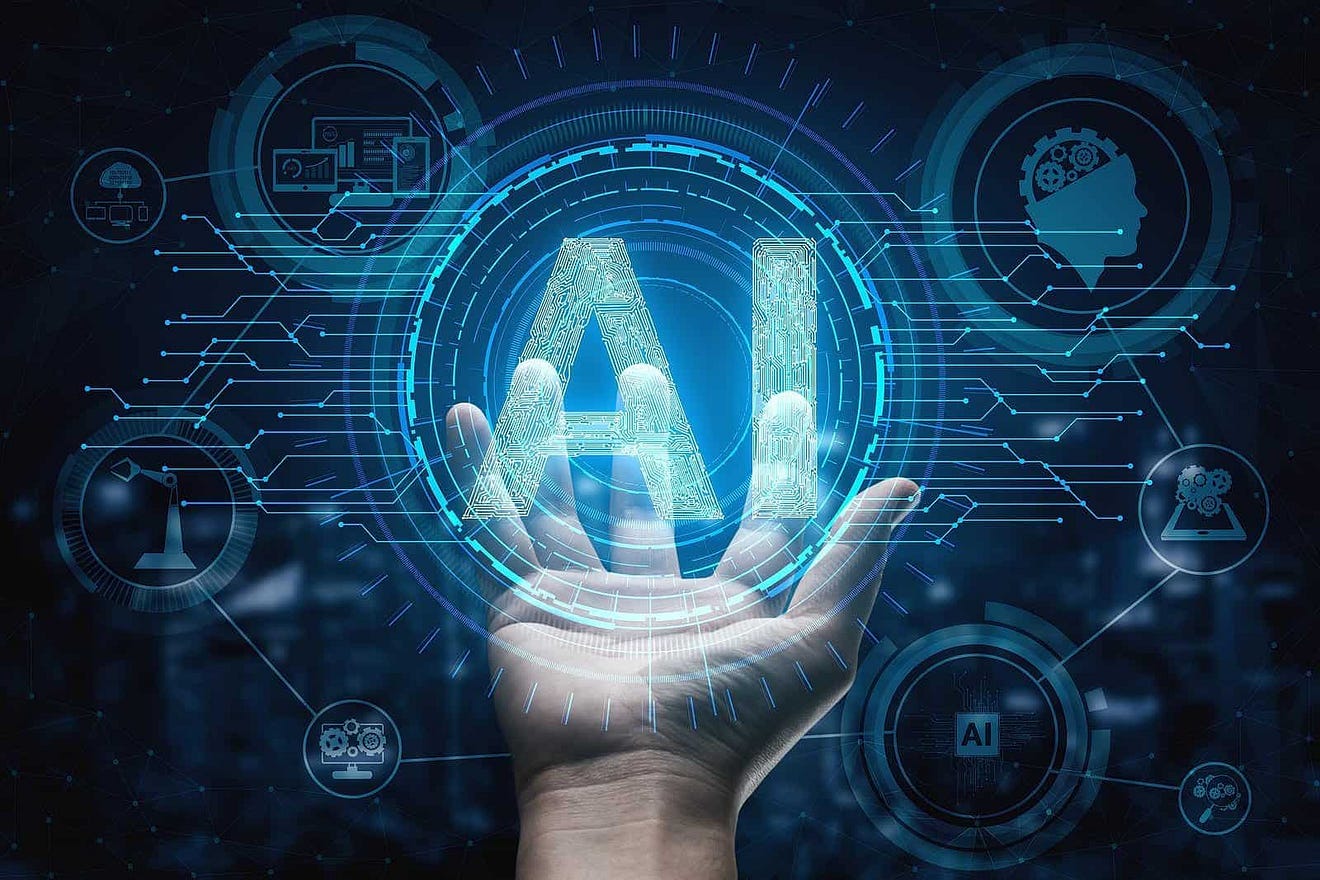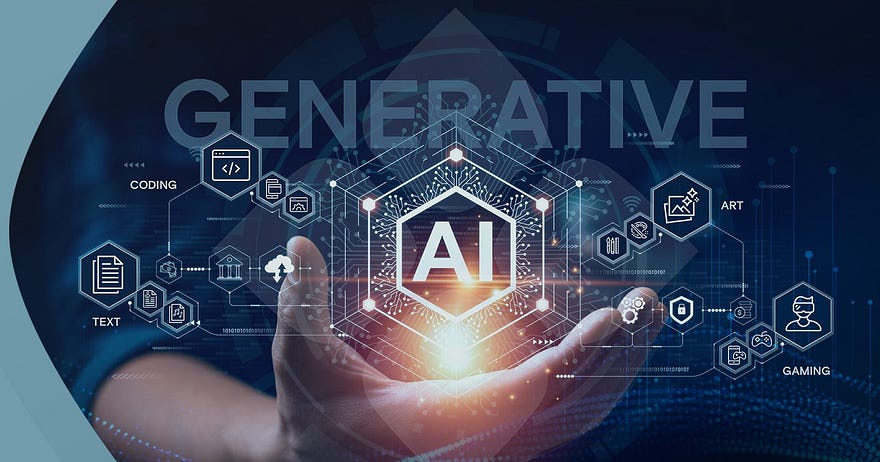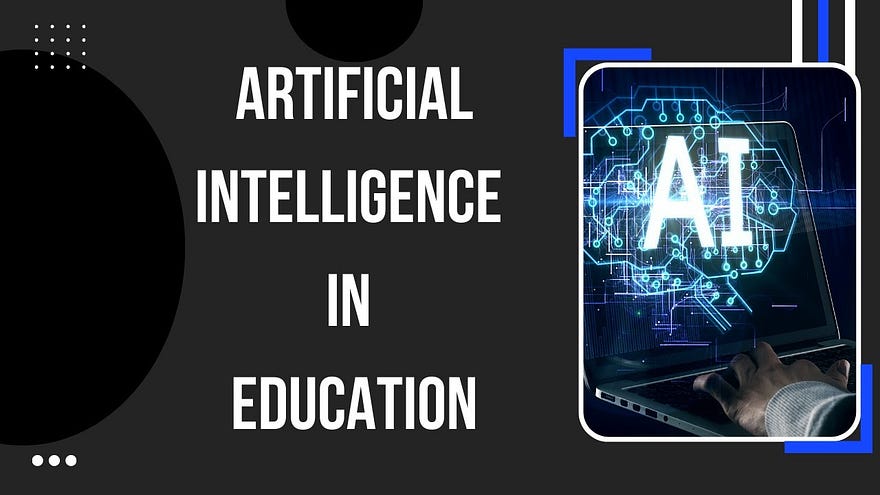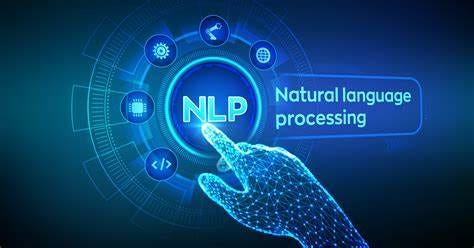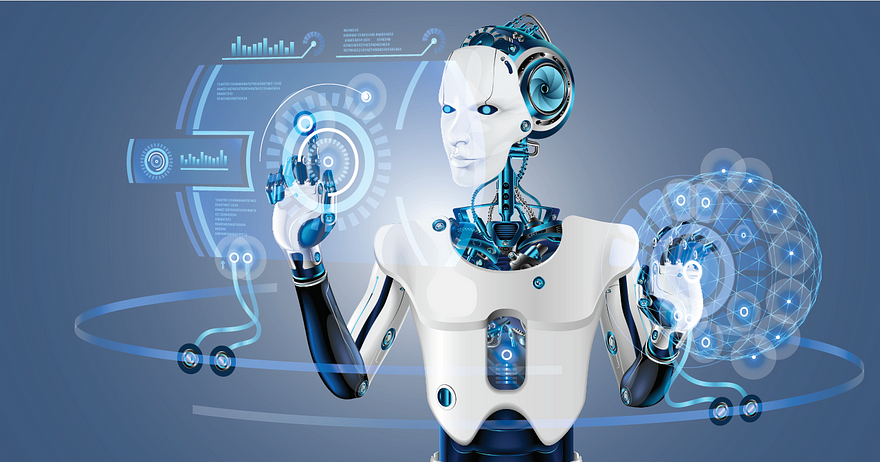Artificial intelligence (AI) has fastly modified from a fancy idea to an important part of life. AI is a topic that everyone should know about because at some point in life now you may need an AI for your particular work, regardless of whether you are passionate about this new amazing AI technology or just curious about knowing the future of AI. In this blog, you will learn the 10 most amazing and fascinating facts about AI that may surprise you.
1.AI Is Not as New as You May Think
It is The most amazing fact about AI that it is older than people think it has much older roots than we think. Some old-age and classical people have worked from many different cultures to tell stories of produced creatures that mankind has brought to life. Past possible ideas of AI include the Greek tale of Python, who cut a statue that came to life, and the Jewish story of the Golem, a clay figure that moved to help its creator. However, the 20th century witnessed the development of the contemporary AI foundation we now know. The Turing Test was first introduced by British mathematician and logician Alan Turing in his seminal work “Computing Machinery and Intelligence,” released in 1950.
2. AI is Everywhere
AI is already everywhere we all are using AI without knowing it, AI has taken down the world of the internet. AI is everywhere from your phone assistant like Siri on iPhone and Google Assistant on Android phone to your Netflix recommendation, and Instagram algorithm. It controls the shopping market search engine and even smart home appliances, now you can control your car, house, and office with the help of AI. AI can manage all these things very well.
3. AI Can Learn and Improve
The most impressive thing about AI is that it can learn from every piece of data. AI is a fast adopter or we can say AI is a fast learner who learns from every piece of data and improves itself, This process is known as Machine Learning. It enables AI systems to perform better tasks than the last time it improves itself much more than the last time.
4. AI is Fueling Innovation
AI is making more advancements in numerous fields, from healthcare to finance, I have written in detail about 10 fields in which Artificial Intelligence is used amazingly, you can read in my blog about this, let’s come back to the topic. Nowadays AI is used for early disease detection, custom-made treatment plans, and even robotic surgeries. In finance-related topics AI is used to detect fraud, it can used for risk management or also in algorithmic trading. In education Artificial intelligence is changing the education system, offering custom-made learning experiences, bright tutoring systems, and consumed judgment for educators.
5. AI Can Be Creative
Believe it or not, AI is not just for number crunching; it can also be creative! AI can be used in more productive way than you know, becouse nowadays AI is made more intelligent than ever. Nowadays AI is made to think like humans and work like humans. AI can be used to compose music, create art, and even poetry, As an example we can take ChatGPT can generate humane like text, including stories and articles.
6. AI and Ethics: A Growing Concern
AI we know AI is becoming more powerful, honest concerns are raising at the leading edge. Issuses are coming from everyside, everyone is concern about thier data privacy becouse with the help of AI we can breach anyone privacy and can stole thier data, job displacment becouse people are so much scared that they might lost thier jobs becouse of AI, and the potential for biased decision-making are hot topics in the AI community.
7. AI is Not Just for Big Tech
Nowadays we see companies like Google, Amazon, and microsoft are leading the way in AI, small businesses and startups are also including AI in their work to innovate and compete. We can see that now almost every app is using AI, from chatbots to provide much better customer service to AI-driven analytics tools, AI is beoming more available to all type of businesses.
8. AI Can Beat Humans at Games
AI has gained so much success in games, AI often perfoems much better from human performance. IN 1977, IBM’s Deep Blue defeated chess champion Garry Kasparov, from this we can see AI can play better than human or either perform much better in everythink, More recently, Google DeepMind’s AlphaGo beat world champion Go player Lee Sedol, a feat previously thought impossible due to the game’s complexity.
Conclusion
Artificial Intelligence is a rapidly advancing field with the potential to reshape our world in ways we can only begin to imagine. From everyday conveniences to groundbreaking innovations, AI is already making a significant impact. As we continue to explore and develop AI, staying informed about its capabilities and challenges is essential.
